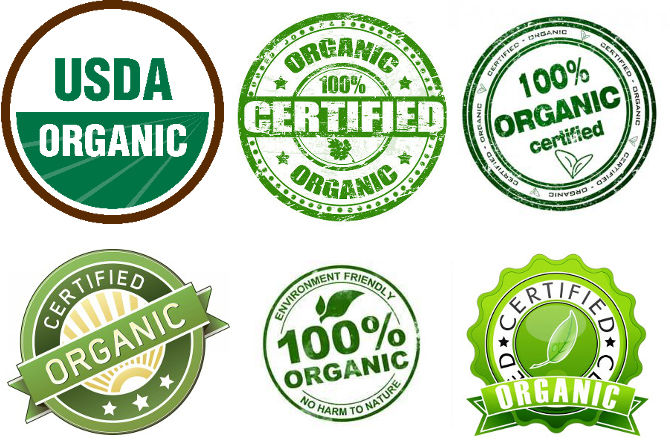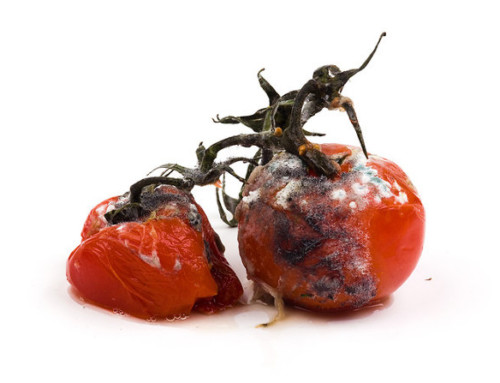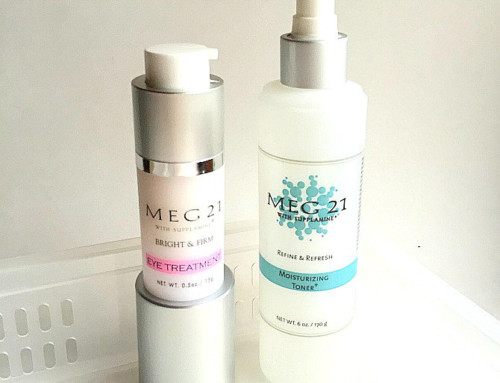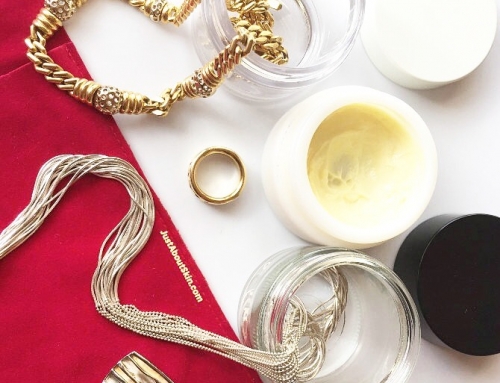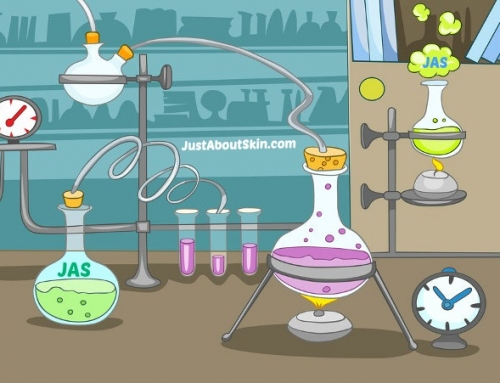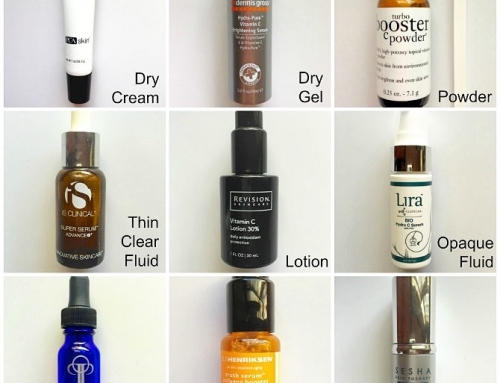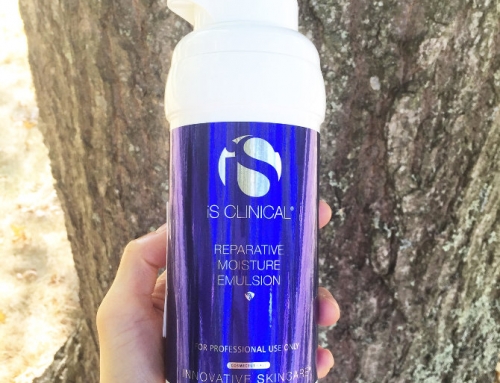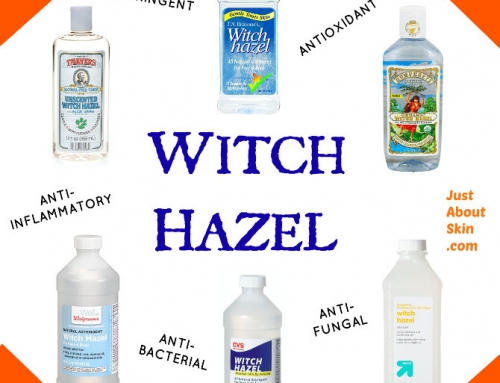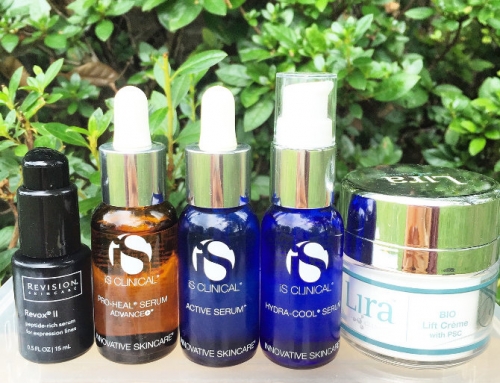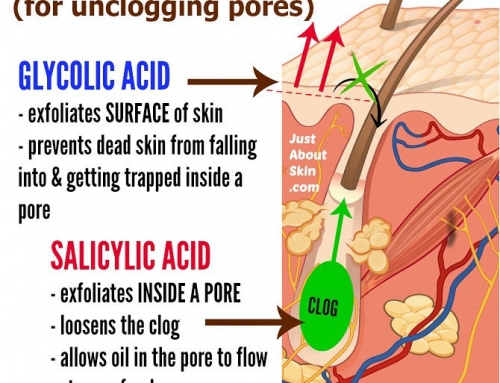How many of you actively seek out organic skin care and cosmetics? There’s a growing demand and desire for more natural alternatives to everything we use in our daily lives. Especially with cosmetics and skin care.
Have you noticed the explosion of new ‘natural’ and organic brands on the market? I myself have trouble keeping up with all the new brands. It seems like at least one new natural or organic line launches every day.
There’s just one problem. A huge lack of awareness of the rules. Most of us don’t know them, and the labels are confusing.
ORGANIC SKIN CARE
Who Sets Organic Standards?
Who’s in charge of establishing organic standards?
In the U.S., it’s the USDA (U.S. Department of Agriculture) that defines and regulates the term ‘organic’ for the agriculture industry. This includes crops, livestock, multi-ingredient foods, alcohol, textiles, cosmetics & skin care, and personal care products.
The FDA (Federal Drug Administration), which regulates our prescription and OTC drug industry, does not.
There is no international organic standard. Each country has its own definition and rules. This makes it very challenging if you buy skin care from different countries.
Definition of Organic
This is how the USDA defines ‘organic’:
Organic Crops
- no irradiation
- no sewage sludge
- no synthetic fertilizers
- no prohibited pesticides
- no GMO’s (genetically modified organisms)
Organic Livestock
- no antibiotics
- no growth hormones
- animals fed 100% organic feed
- animals had access to outdoors
- animal welfare standards met
Organic Multi-Ingredient Foods
- 95% of the ingredients must be organic
Organic Cosmetics, Skin Care, or Personal Care Products
- 95% of the ingredients must be organic
Organic Seals – What’s in the Label?
When you see a green seal with the word ‘organic’ on it, do you assume it’s 100% organic? Do you wonder if it has been tested?
Take a close look at the seals in this article’s photo. They look pretty similar, don’t they? They’re all green, and they all say organic. They may look like they’re saying the same thing, but they’re not.
I think most people make this assumption – if it says organic, it must be organic. Most of us don’t really give too much thought to how much is organic. Nor do we even know if it has been tested or who did the testing.
If you’re like me, you see the label, make a quick mental check, and then toss it into your cart.
The reality is, you can have varying degrees of organic. In the U.S., there are 3 levels. But with so many different labels out there, how do we identify the level? Let’s take a look.
USDA Organic Labeling Rules
An organic skin care or cosmetic product may be labeled as ‘100% Organic,’ ‘Organic,’ Or ‘Made With Organic Ingredients.’
1. 100% Organic
 100% of the ingredients in the product must be organic (except for water and salt). The product must be certified.
100% of the ingredients in the product must be organic (except for water and salt). The product must be certified.
The product is allowed to display the USDA Organic Seal. (But not required.)
2. Organic
 95% of the ingredients in the product must be organic. The product must be certified.
95% of the ingredients in the product must be organic. The product must be certified.
The product is allowed to display the USDA Organic Seal. (But not required.)
3. Made With Organic Ingredients
 70% of the ingredients in the product must be organic. The product must be certified.
70% of the ingredients in the product must be organic. The product must be certified.
The product is NOT ALLOWED to display the USDA Organic Seal.
Less Than 70% = NOT ORGANIC
If less than 70% of the ingredients are organic, the word ‘Organic’ is NOT ALLOWED on the package’s main display panel. However, the word ‘organic may be stated in the ingredient list.
These are the basic rules. You can read the finer points in the links at the end of this article.
Private Organic Standards
There are other kinds of certifications besides the USDA’s – private organic standards, foreign organic standards, and eco labels. But the USDA does not regulate these standards.
Clearly, we need some standardization in the industry – not just in the U.S. but internationally too.
Look at the Label & Seal
With so many different standards, it can be confusing to navigate the shopping aisle. So if you shop for organic products, the burden falls on you to scrutinize the labels carefully.
Also remember, the FDA and USDA do not test skin care products before they go to market. (Only prescription and OTC drugs get tested.) So there’s no guarantee that a product has met any organic standards. The FDA only steps in when there are reasons to later (e.g. consumer complaints).
How important is organic to you? Does the percent matter? If you live outside the U.S., do you know your country’s organic standards? Let me know any of your thoughts in the comments below.
Stay tuned for my next post on ‘Natural’ Skin Care.
More Reading: What’s Natural Skin Care?

